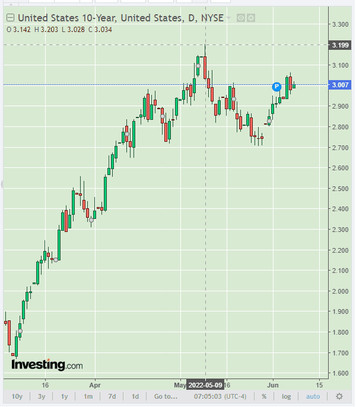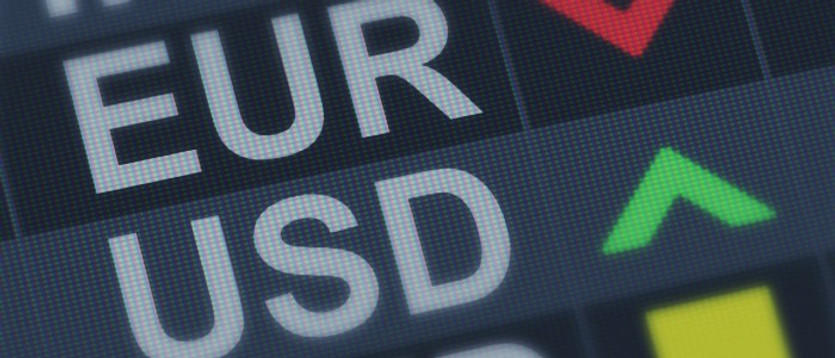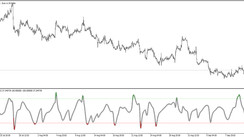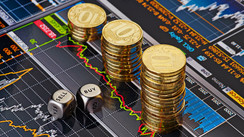As reported today (at 09:00 GMT) in Eurostat, Eurozone GDP grew in the 1st quarter of 2022 by +0.6% (+5.4% in annual terms) against +0.3% (+5.1% in annual terms) in 4th quarter of 2021.
Employment figures in the Eurozone also improved, beating economists' expectations.
The euro reacted positively to this publication, strengthening on the market, including against the US dollar.
At the time of writing this article, EUR/USD is traded near 1.0717, 16 pips above today's opening price. However, further growth of EUR/USD is limited by the resistance level 1.0730, without breaking through which it will be difficult for the pair to develop an upward trend on the eve of tomorrow's ECB meeting.
It is expected that the parameters of the current monetary policy will remain unchanged for the time being.
During a press conference starting tomorrow at 12:30 (GMT), ECB President Christine Lagarde will explain the bank's rate decision.
Recently, the leadership of the ECB has been increasingly signaling the need to tighten monetary policy. “We (at the ECB) will probably be able to put negative rates behind us by the end of the third quarter,” Lagarde said at a World Economic Forum event in Davos in May, also confirming that the APP (Quantitative Easing Emergency) program will end at the very beginning of the third quarter, and “if inflation stabilizes around 2% over the medium term, a gradual further normalization towards a neutral rate would be appropriate. The ECB will take all necessary steps to this end.”
If Lagarde again gives similar "hawkish" signals, then the euro could strengthen sharply, even if there are no changes in the ECB's monetary policy at this meeting. EUR / USD in this case may continue to grow until the Fed meeting, which will be held next week, at which, as expected, the leaders of the US central bank will raise interest rates by 0.50%. However, the intrigue about this remains, and the Fed may decide on a more aggressive increase in interest rates.
During yesterday's speech, US Treasury Secretary Janet Yellen again focused on the problems of high inflation in the country, saying that the responsibility for rising prices lies with the Fed.
As for the prospects for the ECB's policy, unexpected decisions are not ruled out here tomorrow either.
Despite weak European macroeconomic statistics, high annual inflation (+8.1% in April) may force the ECB to start tightening monetary policy at tomorrow's meeting. A complete end to the asset purchase program may also be announced.
Conversely, the soft tone of statements and the propensity to continue the soft policy of the ECB, which remains one of the softest among the world's largest central banks, will have a negative impact on the euro. In this case, EUR/USD risks falling to the levels of 5 years ago and to the level 1.0500.
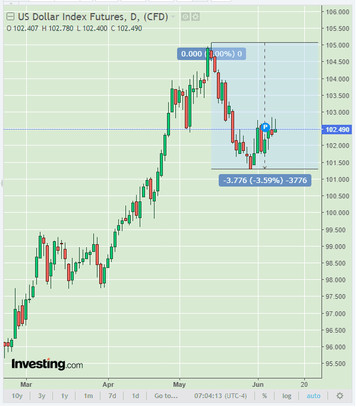
In the meantime, the general tone in the market sets the dollar. As of this writing, DXY futures are traded near 102.49, up 119 pips from last week's low of 101.30. The dollar also receives support from the positive upward dynamics of the yield of 10-year US bonds and is actively used as a defensive asset, including against such traditional defensive assets as gold, franc and yen.
